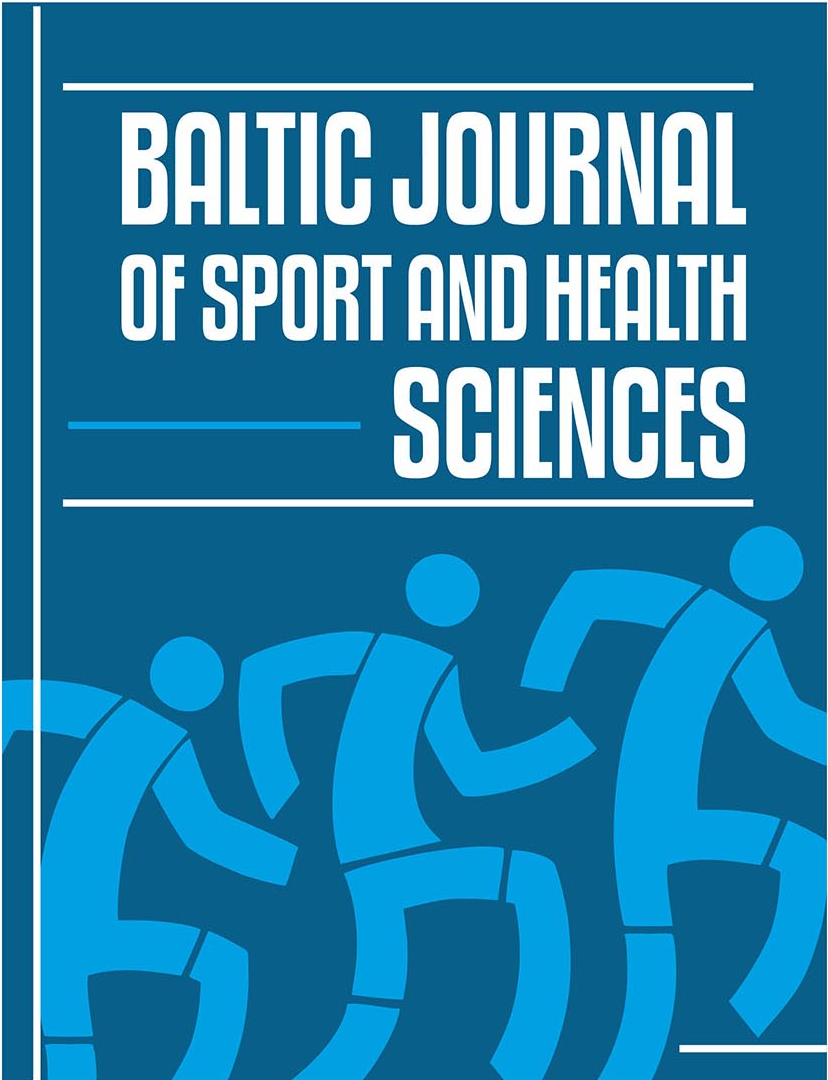Effects of Local Heating and Whole-Body Hyperthermia on Neuromuscular and Cognitive Function in Young and Old Healthy Adults
Abstract
Background and objectives: Aging population is growing fast in European Union and worldwide (Shimizu et al., 2020). A progressive decline in neuromuscular function (Lexell et al., 1983), structural changes in the brain ( Smith et al., 2010; Zahra et al., 2019)aged 30 to 99 years, were studied with MRI. Age was related to estimated volumes of: gray matter, white matter, and CSF of the cerebrum and cerebellum; gray matter, white matter, white matter abnormality, and CSF within each cerebral lobe; and gray matter of eight subcortical structures. The results were: 1, and inefficiencies in thermoregulatory regulation (Blatteis, 2012; Yamashiro et al., 2020) were found in the old population. We conducted three experiments to investigate the effects of short-term and long-term passive heating on motor performance, as well as the impact of whole-body passive heating on cognitive functioning in both healthy older and young adults.
Methods: In the first study, weight (kg), body fat (%), height (cm), body mass index (BMI), skinfold thickness (mm), and the mean subcutaneous fat thickness were calculated (McArdle et al., 1984). Ankle muscle torque production and contractile properties were determined by isometric torque of the ankle plantar flexion and the isokinetic (dynamic) torque of the ankle plantar flexion/dorsiflexion muscles using an isokinetic dynamometer (System 4; Biodex Medical Systems, Shirley, NY, USA). In the second study, body surface area, heart rate, muscle temperature, and thermal sensation were measured. Prolactin, interleukin-6, dopamine and cortisol concentrations were obtained via venous blood samples. The isometric torque of ankle plantar flexion muscles was assessed as the first study. In the third study, body weight, sweating rate, rectal temperature, heart rate, physiological strain index (PSI), thermal sensations were investigated. A programmed cognitive test to assess cognitive functioning (Brazaitis et al., 2015).
Results: In the first study, for the older adults (vs. younger adults), the application of local heating (vs. control trial) was accompanied by a significant increase in maximal voluntary peak torque, rate of torque development, and isokinetic peak torque of plantar flexion/dorsiflexion muscle contraction. In the second study, older males demonstrated greater neuromuscular fatigability resistance and faster maximal voluntary contraction (MVC) torque recovery after a 2-min sustained isometric MVC task under thermoneutral and severe hyperthermic conditions. In the third study, PSI was lower and cortisol concentration was greater after whole-body heating in the older group compared with the younger group. Surprisingly, hyperthermia improved cognitive flexibility only in old adults, whereas short-term and visual recognition memories were maintained in both age groups.
Conclusions: In the first study, the spinal and supraspinal reflex excitability of older adults increased during local knee-heating application. The improved motor drive transmission observed in older adults was accompanied by increased voluntarily induced torque production of the ankle muscles during isometric/isokinetic contractions. In the second study, neuromuscular performance during fatigue-provoking sustained isometric exercise under severe whole body hyperthermia conditions appears to decline in both age groups, but a lower relative decline in torque production for older males may relate to lower psychological and thermophysiological strain along with a diminished dopamine response and prolactin release. In the third study, A ≈ 2.5 ◦C increase in rectal temperature can improve executive function in old adults, and this increase parallels the increased cortisol concentration and the lower thermophysiological strain under severe whole-body hyperthermia conditions.
Downloads
Published
Issue
Section
License
Copyright (c) 2024 Author(s). Published by Lithuanian Sports University.

This work is licensed under a Creative Commons Attribution 4.0 International License.






